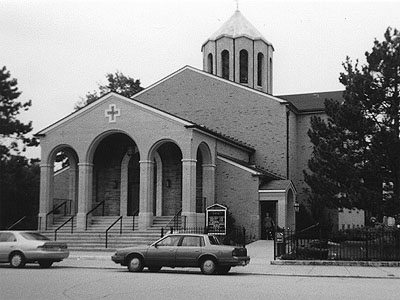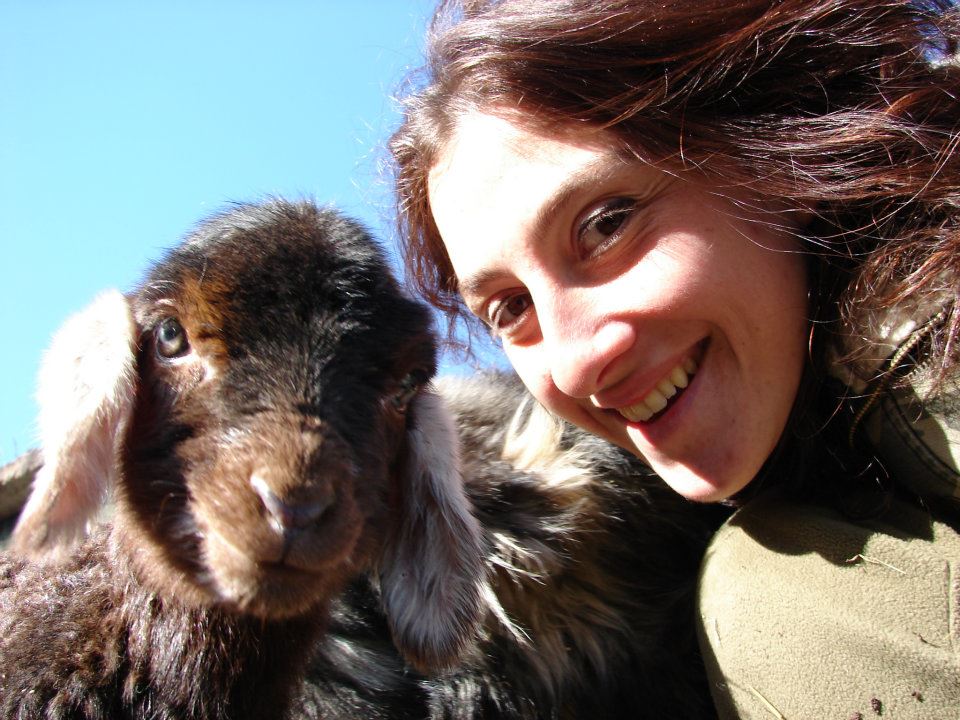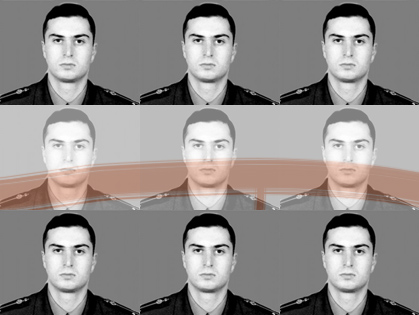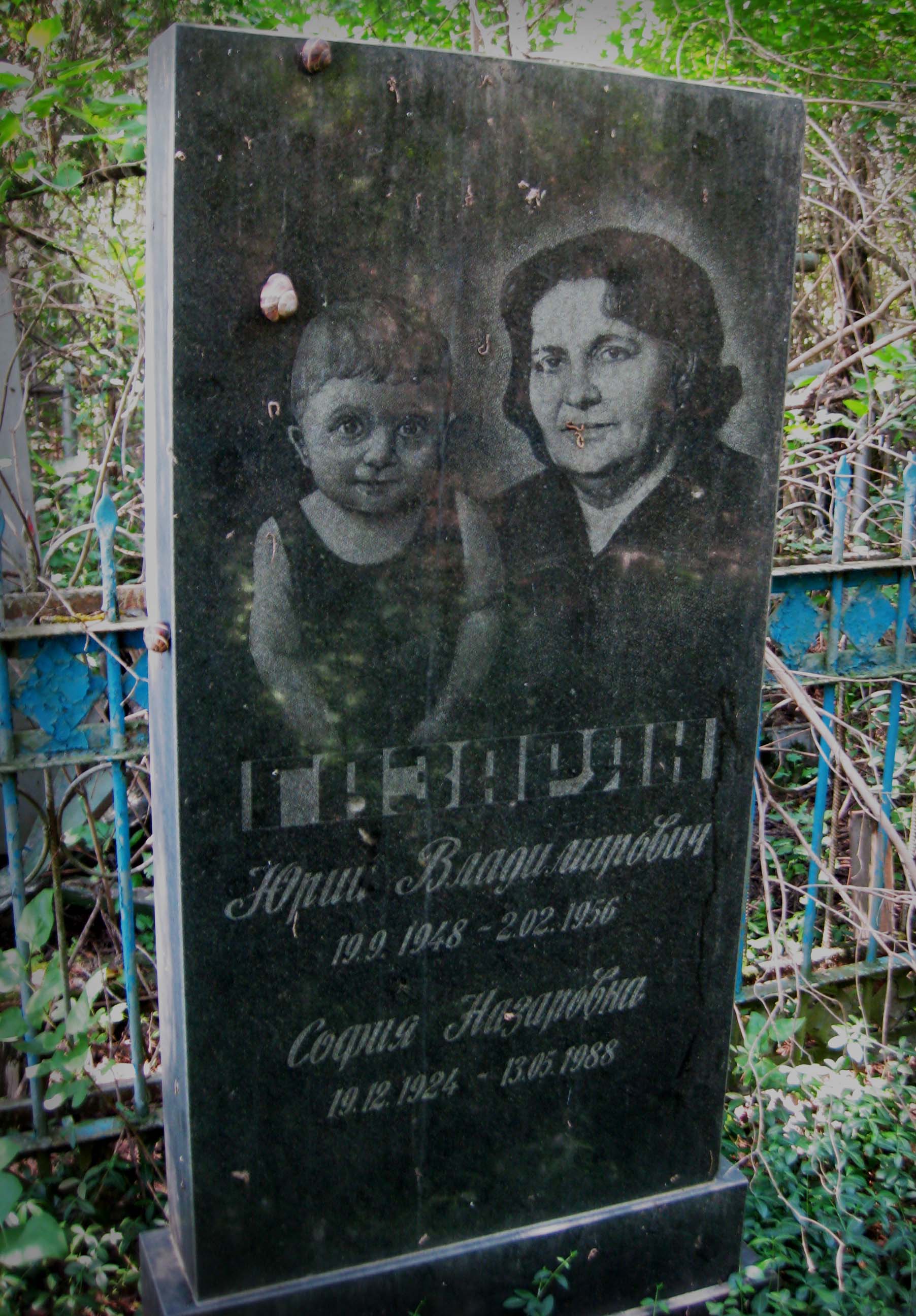Revelations: Wikileaks and Armenia

 Wikileaks is at is again. Among more cables released in the last few weeks, 50 or so have come from the U.S. Embassy in Yerevan, detailing everything from “who controls what in Armenia” and how Armenian Brandy (Winston Churchill’s favorite) is facing new threats. Don’t have time to wade through it all? We’ve got you covered. Check out our summary of what’s going on in the world of Armenian Wikileaks below and let us know if we missed any interesting bits.
Wikileaks is at is again. Among more cables released in the last few weeks, 50 or so have come from the U.S. Embassy in Yerevan, detailing everything from “who controls what in Armenia” and how Armenian Brandy (Winston Churchill’s favorite) is facing new threats. Don’t have time to wade through it all? We’ve got you covered. Check out our summary of what’s going on in the world of Armenian Wikileaks below and let us know if we missed any interesting bits.
A Primer to Oligarchy: Who Owns What in Armenia – A 2003 called “Tycoons Reloaded,” recounts “who owns what in Armenia,” mentioning MP Gagik “Dodi Gago” Tsaroukian, head of the Multi Group, a company that owns Kotayk beer, one of Armenia’s major wheat importers, farm projects that include “most of the vegetables sold to the Armenian military,” the largest importer of European furniture in the country, two casinos, a Gyumri textile plant. Armenian International Airways is also mentioned though Tsaroukian is believed to have already cashed out. Other mentions include Hrant Vardanian, owner of the Grand Group, most notably famous for Grand Candy, a major Armenian producer of chocolates and sweets, who enjoys “a strong popularity with the general public” for his reopening of several Soviet-era plants.
Last, but certainly not least, Samvel Aleksanian, who is also known as the “Informal ‘Feudal Lord’ of Malatia” and the wanna-be doppelganger of Dodi Gago, according to the cable, gets a mention. Aleksanian is described as a “semi-criminal” who maintains an army of bodyguards and tries to resemble Dodi Gago in everything: “his house has the same architecture, he drives the same make of cars, etc.” – View full cable
Armenian Brandy Under Threat -Armenia might the hardest country to find on a map, but its brandy is so famous that it is said to have been a favorite of Winston Churchill. But according to a 2006 cable, the company Yerevan Brandy Company, which owns the exclusive license for the Ararat Brandy trademark, has experienced a loss in sales, due to “look-alike competitors and poor regulation of the industry.” The company, which employs 400 people and exports 90 percent of its product to Russia ran into trouble with the introduction of a new Russian excise stamp, which caused the company to have a million-bottle stockpile in Russian with old stamps which it couldn’t use. The cable also said that Armenian producers are “producing look-alikes to YBC’s premium brands using imported wine spirits, substandard spirits or even grain spirits as a foundation.”
YBC’s President, Herve Caroff alleges that official grape harvest statistics are exaggerated to conceal the illegal production of faux-brandy by YBC’s competitors, which includes Noy Wine and Brandy Factory, owned by “businessman-turned politician” Gagik Tsarukyan. Caroff tried to speak to the Ministry of Agriculture about setting up a commission to monitor brandy quality in the country but was discouraged when he was told “that brandy production had become a lucrative business for influential people.” View full cable
Border Patrol: Armenia and Turkey – While the Turkish-Armenian border has been closed for almost 20 years due to Turkey siding with Azerbaijan during the Nagorno-Karabakgh Conflict in the early 90s, many agree that Armenia would only benefit re-opening it. In a 2007 cable detailing a conference called “The Economic and Social Consequences of Opening the Armenia-Turkish Border,” the majority of the 26 presenters on hand said that Armenia would “benefit significantly (with a potential 10-25 percent increase in GDP) if the border were opened.” Interestingly, representatives from prominent Armenian businesses said that they were “anxious to see the border open” and “ready for increased competition,” seeing a strong potential for Armenian exports to the Turkish market, like cement and construction materials, according to the cable. View full cable
The still closed border hasn’t stopped flights from taking place between Istanbul and Yerevan however, a move welcomed by the Armenian Ministry of Foreign Affairs, according to a 2004 cable where MFA officials told the U.S. Embassy that the flights “are an important part of efforts to improve relations between the two countries.” MFA Turkey Desk Officer Anahit Harutunyan is mentioned in the cable, pointing to the flights’ success “as an indication of things to come once the Turkish-Armenian border is opened and other travel routes are established.” The flights, which are operated by Armavia and a lesser known company called Tower Aviation are made up mostly with passengers involved in import/export trade. According to one Armenian traveler, anti-Armenian discrimination did not pose a problem while in Turkey “unless conversation changes to politics or history.” “We make better business partners than friends,” the traveler is quoted as saying. View full cable
The Corruption of Education – A 2004 cable highlights the widespread corruption in the Armenian university system that has “severely tarnished the reputation of once prestigious institutions and degraded the quality of education provided to Armenian students.” According to current and former students, the Armenian university system is corrupt at all levels. Low and inadequate salaries for professors and administrators have created an environment where admission and grades are more or less, for sale. Students are known to brag that their perfect marks are references to their affluence, as opposed to their knowledge. The network of family and friends that the student possesses is also a big factor. Armenians generally have a large support network of friends and family that are expected to provide assistance in social and business affairs, using personal connections to lobby for special consideration during the admissions process. The cable goes on to mention that most Armenians don’t see this behavior as corrupting the system, but as a part of Armenia’s culture. The cable quotes a mother of a university-age student as saying, “If I have to decide between being a good family member and friend or good citizen, I must choose my friends and family.” Another startling tidbit in the cable: women have been increasingly shut out of doctoral programs due to high demand for (and limited supply) Ph.D degrees from men. “The number of women pursuing post-graduate degrees has declined to minimal levels,” the cable says. “If the trends continue, a generation of women could be excluded from certain professions, especially the sciences.” View full cable
Homosexual Harrassment – Armenia de-criminalized homosexuality in Armenia in 2003, which is the year this cable came out. While discrimination against homosexuals in the conservative country might not come as a surprise (“Armenians openly refer to homosexuals as ‘immoral’ people who behavior contradicts ‘natural Armenian character’ according to the document), the cable titled “Homosexuals Report Minor Improvements in Yerevan – Same Discrimination Elsewhere,” reveals that homosexuals continued to face intolerant attitudes in rural areas and in the military, while a local human rights NGO revealed that cases of police harassment of homosexuals now involve blackmail and extortion more than violence.
Mikail Danielyan, chairman of the Helsinki Association reported at least three cases in which police attempted to blackmail men by threatening to publicly expose them as homosexuals to their families and friends. The cable goes on to say that police officers pressure “homosexuals, especially married men in high-ranking business or government positions from who they can extort large amounts of money.” Danielyan also reveals that harassment of homosexuals in the military remains a big problem – noting that homosexual recruits face physical and psychological abuse by soldiers and officers and underlining cases where soldiers were sent to psychiatric clinics for treatment of “sexual perversion.” View full cable





